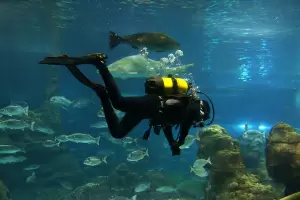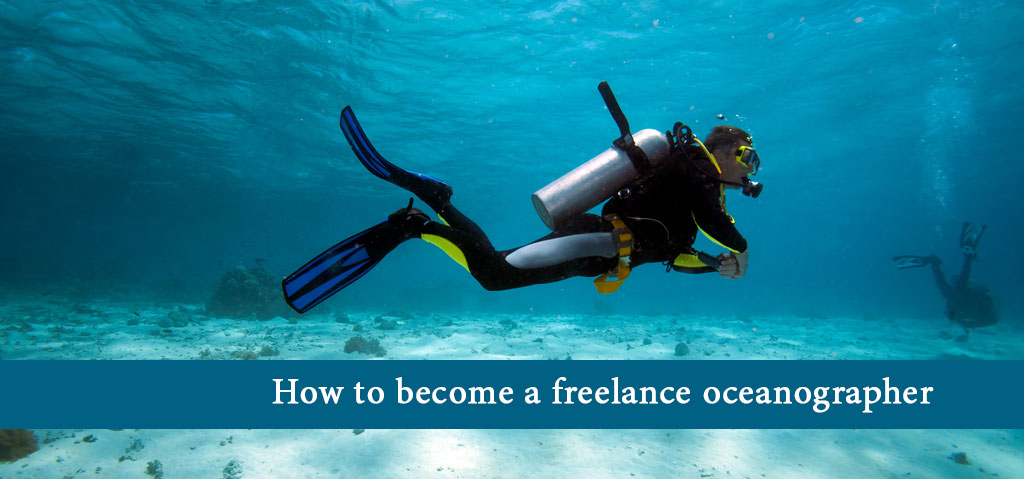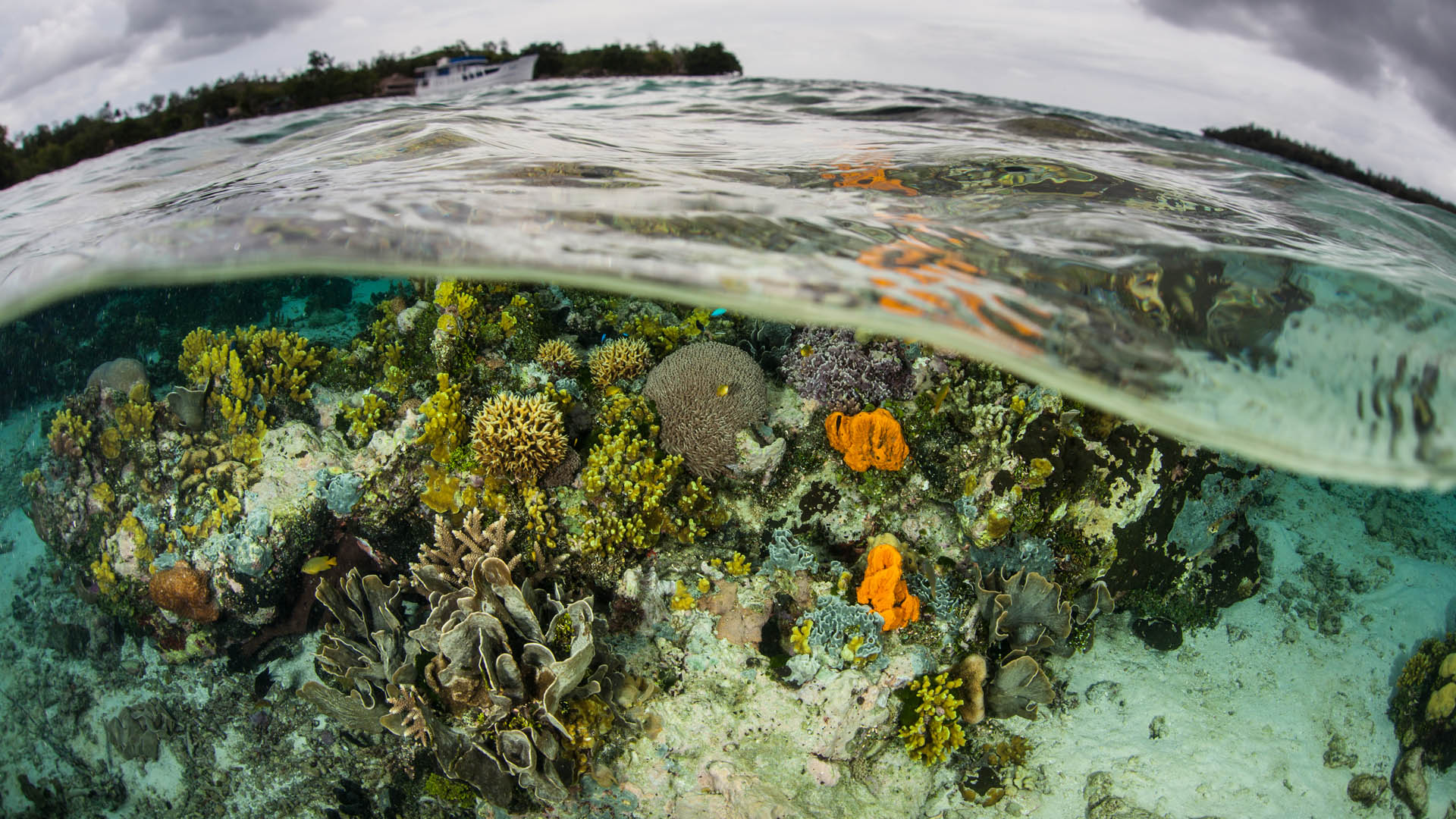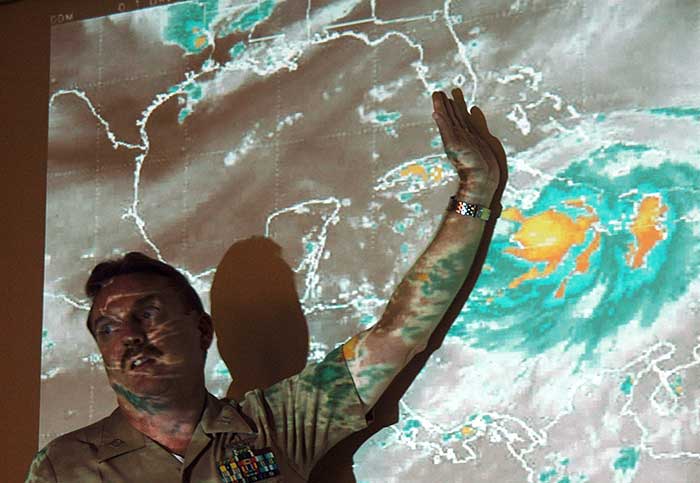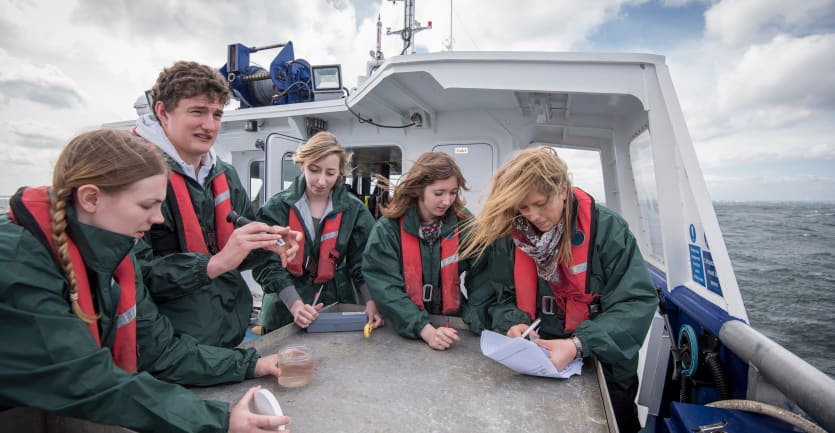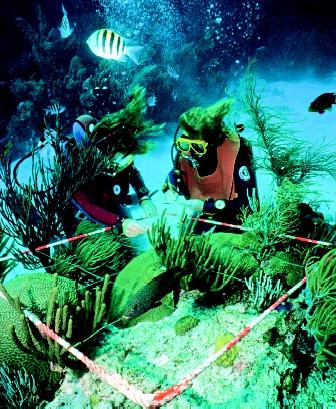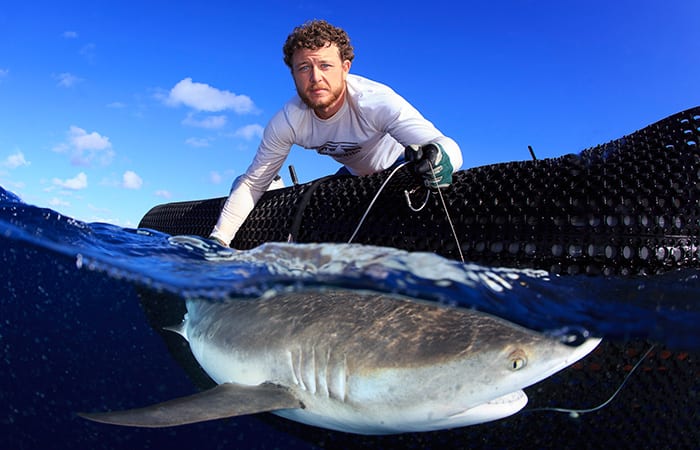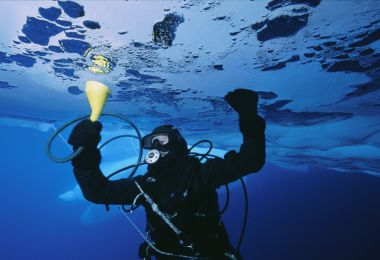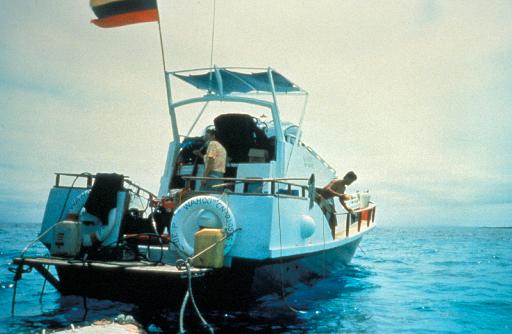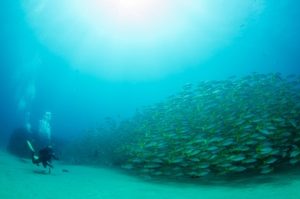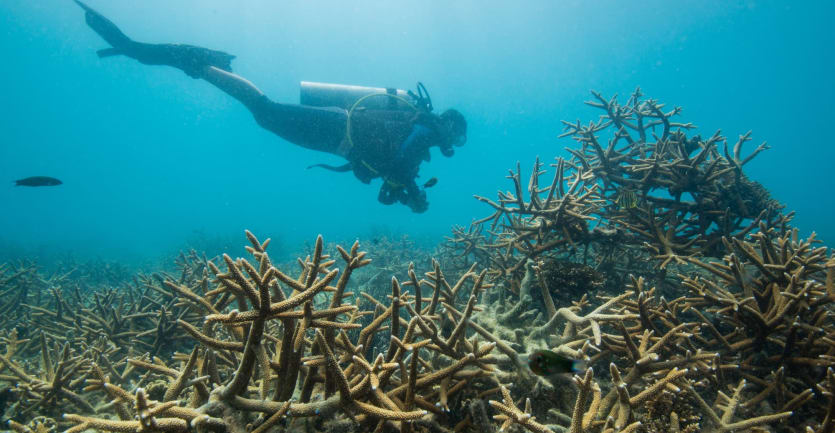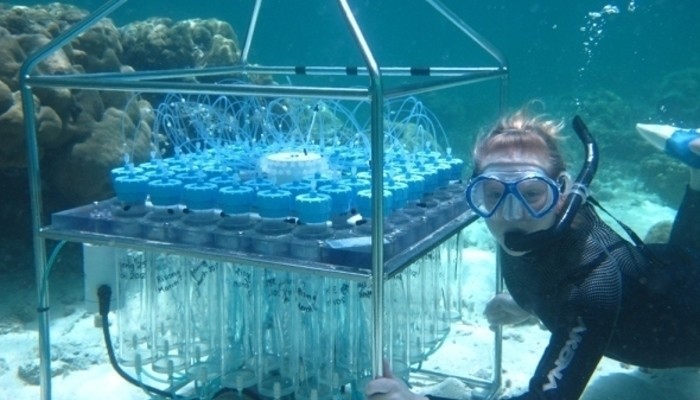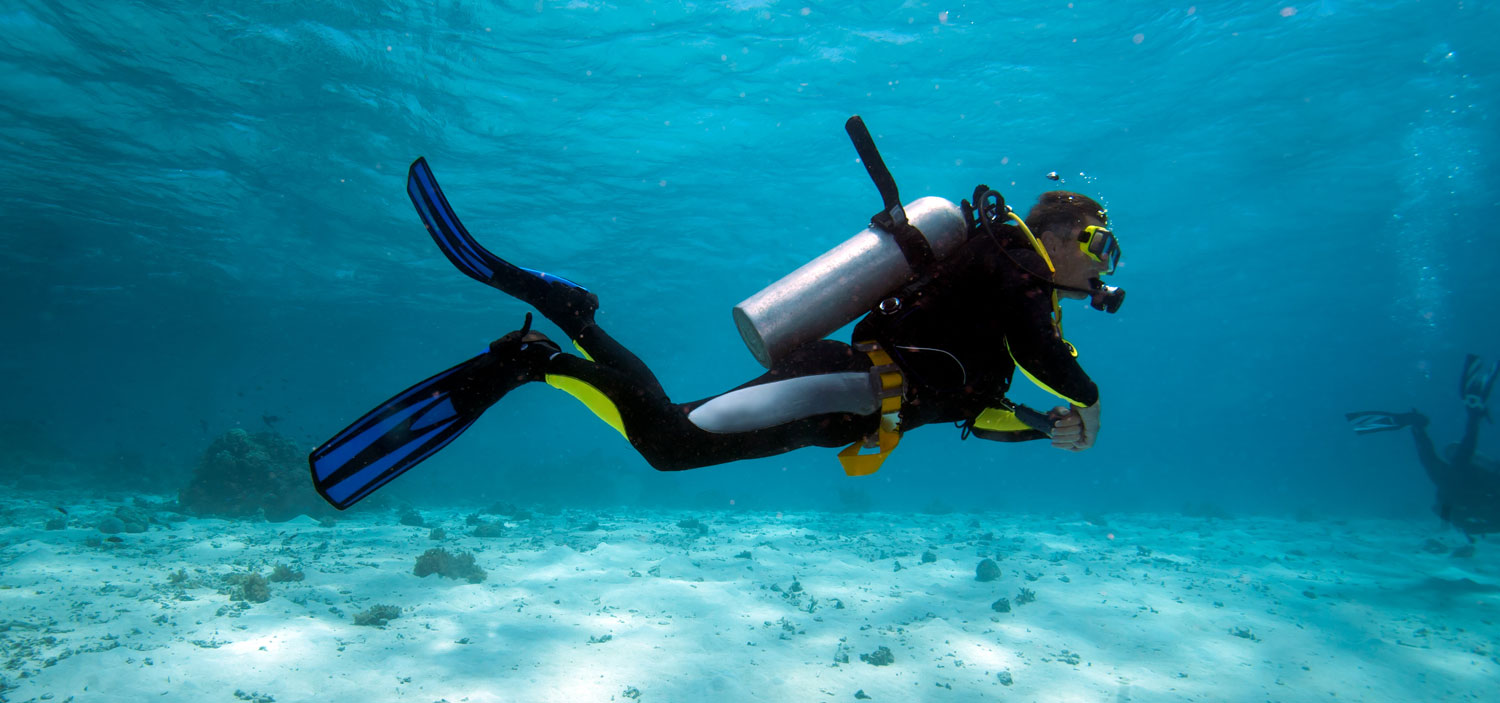Marvelous Tips About How To Be An Oceanographer

So how do you become one?
How to be an oceanographer. How to become an oceanographer. Montgomery, al chemical oceanographers collect and analyze. You will be required to spend long durations of time out in the sea, diving, and researching, so you are.
Like all scientists, oceanographers are curious. Studying oceanography you need to clear your class xii board exams with physics, chemistry and biology as compulsory subjects. Students who are curious about all things ocean might make great oceanographers.
After completion of your board exams,. Use satellite data to collect data including currents, sea temperature, wind speeds, and wave heights, and patterning. The path to becoming an oceanographer is outlined below.
Find an oceanography specialization and a university. How to apply step 1: To become an oceanographer, you must be intrinsically motivated.
You will be able to work on the specific features of the ocean that interest you. Most jobs in oceanography require a master’s. An oceanographer often specializes in chemical, physical, or geological oceanography.
Comprehensive information on the education required to work in oceanography can be found here. A bachelor’s degree can be completed in three to. How to become an oceanographer.
Measure temperature, gas, and salt concentrations. Select the oceanography course and pick up a suitable. Your graduate work will become more focused.
Also look for summer camps and volunteer. Undergraduate education gives students the necessary knowledge and experience that is needed when pursuing advanced degrees in subjects related to oceanography.for your senior thesis,. Individuals who want to become an oceanographer will need a combination of personal characteristics and a postsecondary degree in order to enter this profession.
Whoi biologist alfred redfield (left) was among the first scientists to join whoi in 1930. You can study for a degree in oceanography or a related subject, like: Attend science camps and other outdoor opportunities take as many science and math classes as possible.
Employers are increasingly looking for postgraduate. The minimum education required for a career in oceanography is a bachelor’s degree in oceanography or basic sciences.
